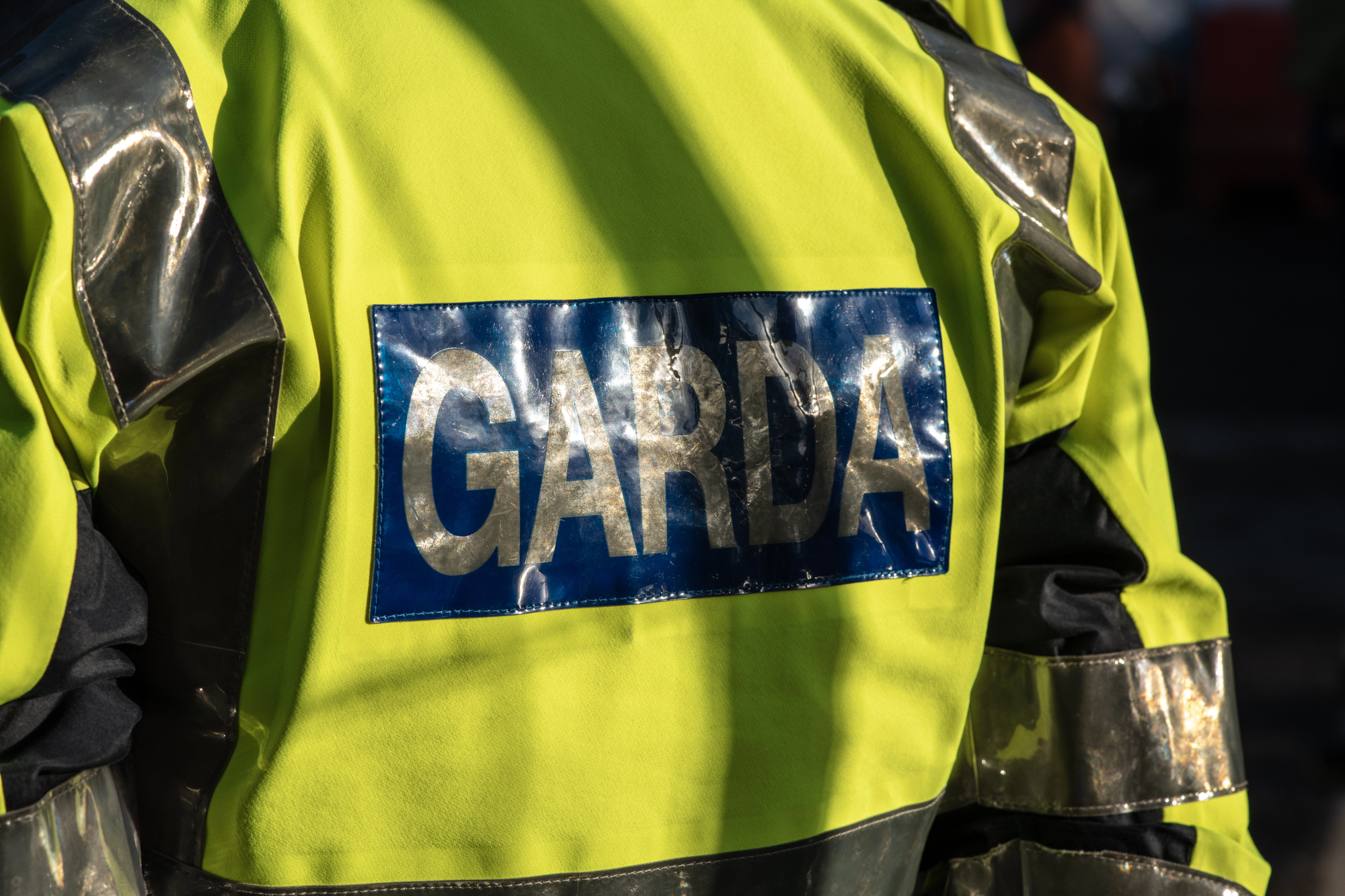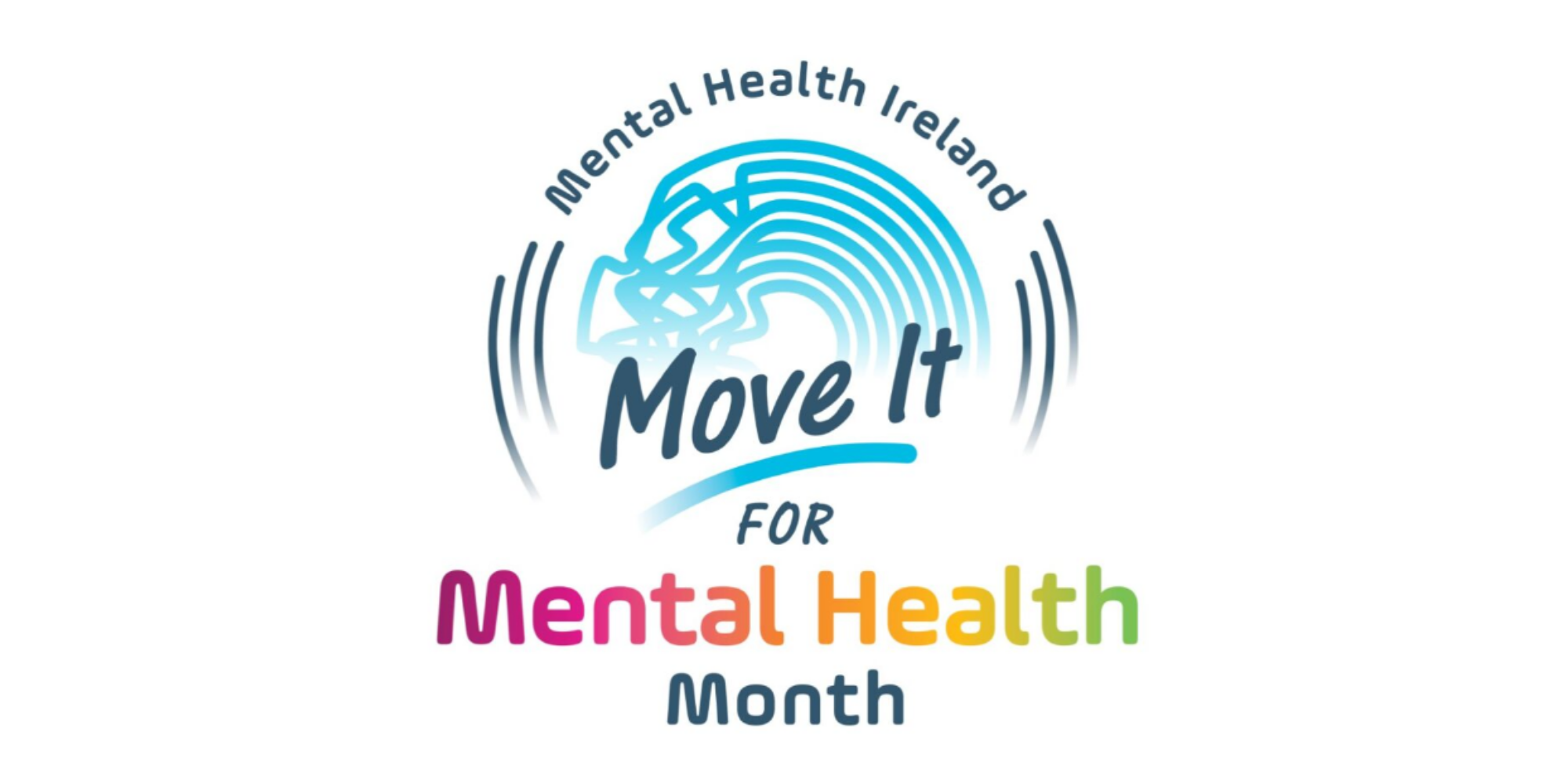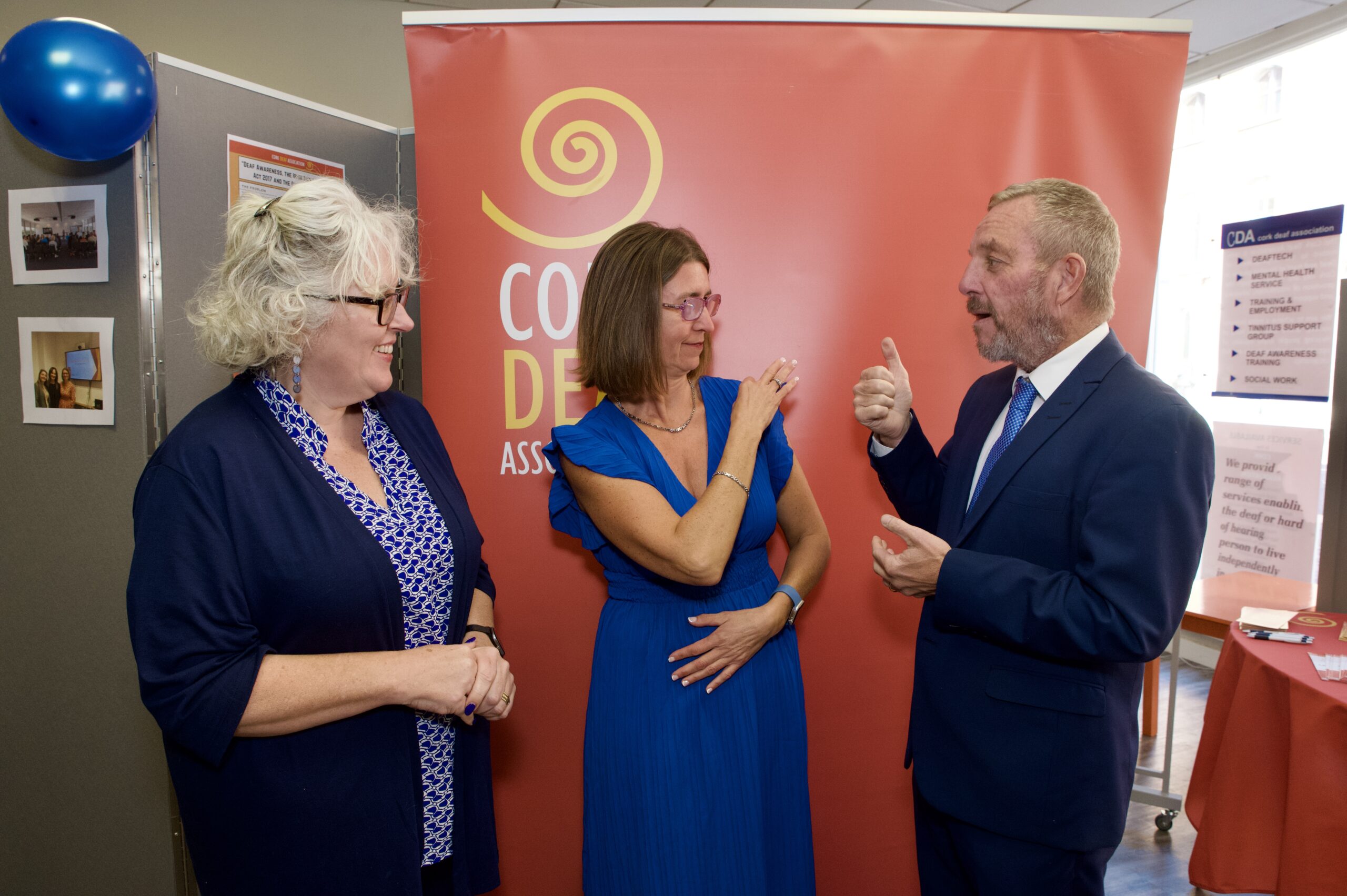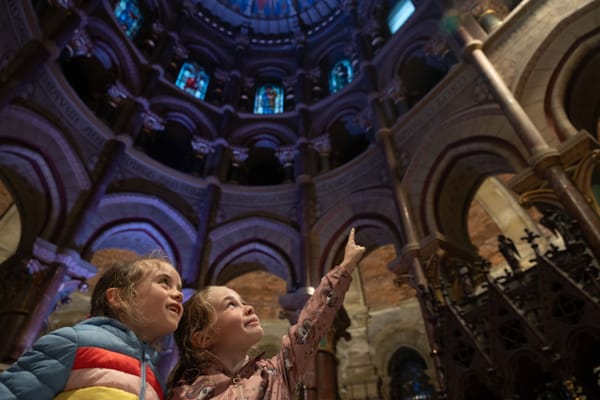New Primary School Curriculum Launched to Transform Children's Learning
New Irish primary curriculum launches with focus on play-based learning, creativity and real-world skills - first major overhaul in 26 years begins gradual rollout
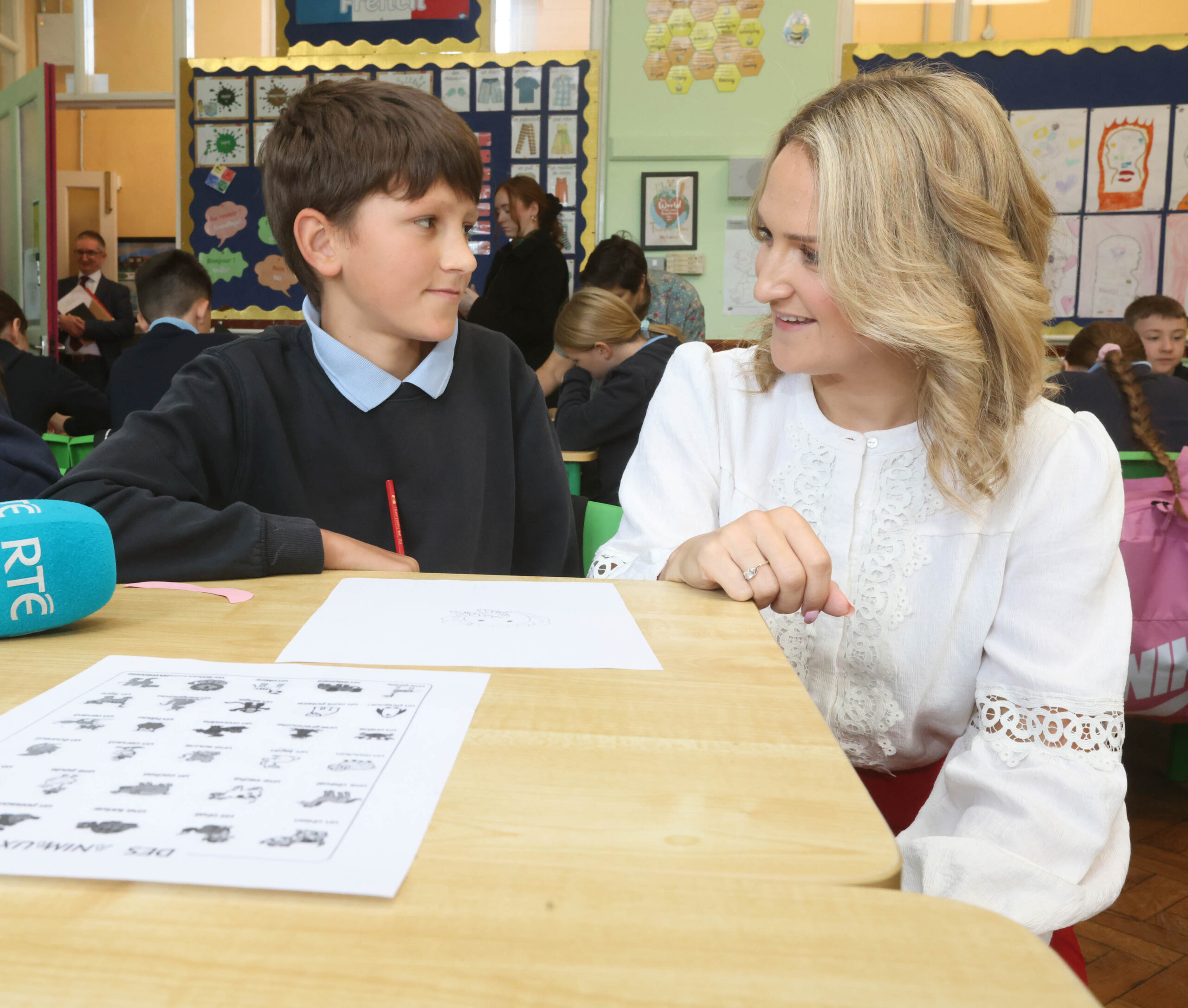
Ireland's primary schools will embrace a revolutionary new curriculum focusing on fun, creativity, and real-world skills, marking the most comprehensive education transformation in over a generation.
Minister for Education and Youth Helen McEntee launched the Redeveloped Primary Curriculum Specifications today, introducing sweeping changes designed to equip children with essential skills for a rapidly evolving world. The new curriculum represents the first major overhaul of primary education since 1999, affecting all primary and special schools across Ireland.
Minister McEntee said:
"This new curriculum is designed for the children of today and tomorrow. It reflects the world they are growing up in – one that is fast-changing, interconnected, and full of opportunity. Our goal is to ensure every child in Ireland receives an education that is inclusive, empowering, and deeply relevant to their lives."
The curriculum introduces five key specifications: Arts Education combining art, drama and music; Language learning including modern foreign languages from third class; Social and Environmental Education covering history and geography; STEM Education encompassing science, technology, engineering and mathematics; and Wellbeing integrating physical education with social, personal and health education.
A significant departure from traditional approaches, the new framework emphasises play-based and inquiry-led learning. Children will experience more connected learning that builds critical thinking, creativity, collaboration and communication skills. Greater emphasis will be placed on outdoor education and child-led exploration.
Minister McEntee explained:
"This curriculum is about giving every child the tools they need to succeed – not just in school, but in life. It's about nurturing their talents, supporting their wellbeing, and helping our children develop as confident learners and active citizens in a changing world."
The Arts Education specification encourages children to become "arts-makers," using their imagination and experiences to express themselves through various art forms, including dance and media arts. The STEM curriculum will introduce children to scientific inquiry, from magnetism in early years to electricity in later stages.
Modern foreign language learning begins in third class, building awareness of languages and cultures before progressing to basic communication skills in fifth and sixth classes. The Wellbeing specification recognises the interconnected physical, social, emotional and spiritual dimensions of children's development.
Implementation will be gradual and carefully supported. The 2025/2026 school year serves as an introductory year focusing on the Primary Curriculum Framework. From 2026/2027, schools can select one curriculum area each year for focused support, with each area taking two years to fully implement.
Schools must choose the Wellbeing specification among their first three selections. The complete rollout process will take at least six years, with optional consolidation periods allowing schools to strengthen existing areas before adding new ones.
The government has already invested €9.7 million in 2024 to provide essential resources for STEM and Arts curricula. Professional learning will be facilitated by Oide for primary schools and the National Council for Special Education for special schools, with additional support from Languages Connect for modern foreign language introduction.
Minister McEntee emphasised:
"The redeveloped curriculum is also about more than just curriculum areas and subjects – it's about sparking joy in learning. Most of all we want children to have fun, discover through play and be creative. By making learning fun and meaningful, we're helping every child to thrive and reach their full potential."
The curriculum builds on extensive research and consultation with education partners, including direct input from children themselves. It connects with both early childhood learning frameworks and post-primary education to ensure smooth transitions throughout children's educational journey.
Schools feeling ready may begin working with new curriculum specifications at their own pace from the current school year, though formal support structures will not be available until the scheduled timeline begins.
Online curriculum toolkits will provide ongoing guidance to teachers, with examples of children's learning and effective pedagogical approaches. These resources will continue developing throughout the implementation period.
The transformation addresses changing educational needs nationally and internationally while responding to societal developments. It maintains coherence across all curriculum areas and stages, ensuring learning experiences remain logical, connected and purposeful.
Summary of Changes to Primary Education in Ireland
Redeveloped Primary Curriculum
- First major overhaul in 26 years, replacing the 1999 Primary School Curriculum.
- Designed to prepare children for a fast-changing, interconnected world.
- Strong emphasis on fun, play-based and inquiry-led learning.
Key Curriculum Specifications
Five redeveloped areas:
- Arts Education – Art, Drama, Music (plus dance and media arts).
- Language – English, Irish, plus Modern Foreign Languages from 3rd class, progressing to basic communication skills by 5th/6th.
- STEM Education – Science, Technology, Engineering and Mathematics, including hands-on investigation and design.
- Social and Environmental Education (SEE) – History, Geography, and learning about religions, beliefs and worldviews.
- Wellbeing – A combined approach to Physical Education and SPHE, focusing on physical, emotional, social and relational development.
Core Themes
- Competencies: Creativity, critical thinking, communication, collaboration.
- Playful Learning: Greater opportunities for outdoor and child-led learning.
- Wellbeing: Integrated focus on health, relationships, and personal development.
- Active Citizenship: Children encouraged to see themselves as engaged citizens with rights and responsibilities.
- Creativity & Innovation: Stronger role for STEM, arts and curiosity-driven learning.
Phased Introduction
- 2025/2026: Introductory year focused on the new framework.
- 2026/2027 onwards: Schools enact one curriculum area at a time (each over two years), with Wellbeing required among the first three.
- Full rollout across all areas by 2031/2032 (or 2032/2033 if schools take a consolidation year).
Support & Resources
- Professional learning for teachers and leaders provided by Oide (mainstream) and NCSE (special schools).
- €9.7 million already allocated for STEM and Arts resources in 2024.
- Development of NCCA Online Toolkits with examples of practice, planning aids, and assessment guidance.
- Ongoing language upskilling and “Say Yes to Languages” programme supported by PPLI/Languages Connect.
Alignment & Progression
- Stronger links with Aistear (early years curriculum) and the Junior Cycle (post-primary).
- Ensures smooth transitions between stages.
- More integrated learning and reduced repetition across subjects.
➡️ In short: Ireland’s new Primary Curriculum makes learning more playful, creative, and relevant to modern life, with phased rollout starting in 2025/26 and full implementation by the early 2030s.
